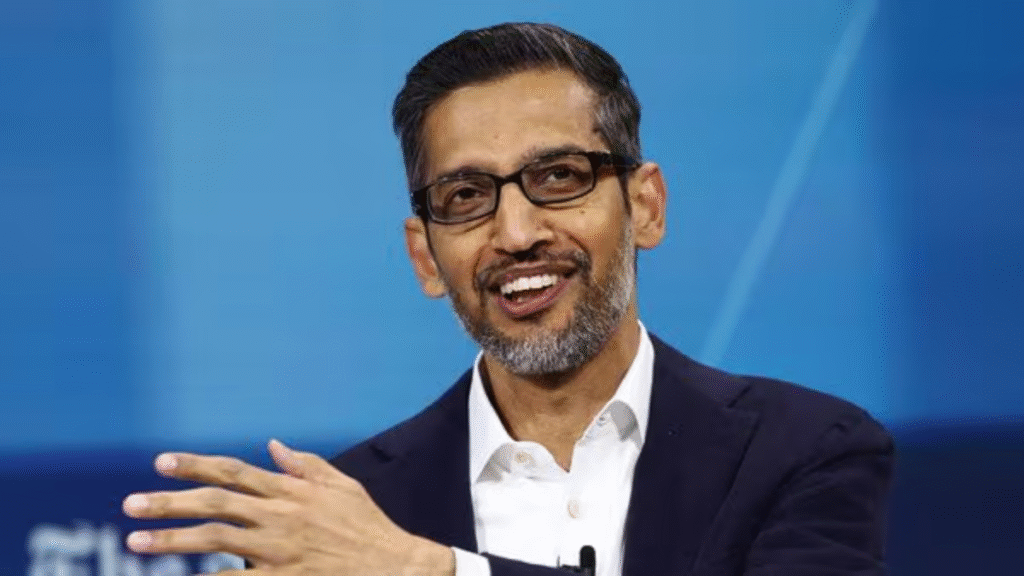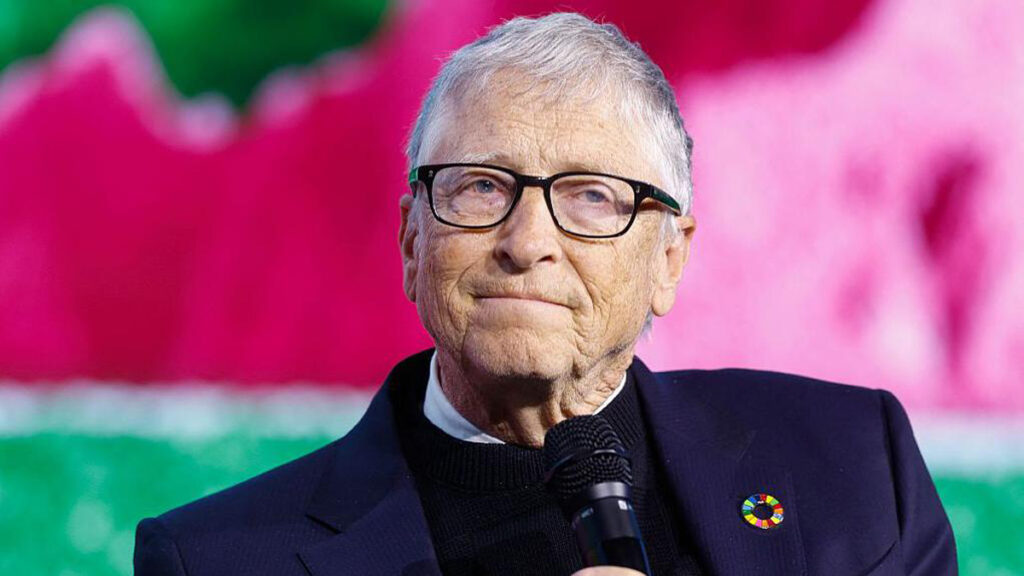Now Reading: Israel Issues More War Threats; Egypt, Qatar Scramble to Rescue Deal
-
01
Israel Issues More War Threats; Egypt, Qatar Scramble to Rescue Deal
Israel Issues More War Threats; Egypt, Qatar Scramble to Rescue Deal

The fragile ceasefire deal between Israel and Hamas is hanging by a thread as Israel issues more war threats, prompting Egypt and Qatar to scramble to rescue the agreement. The deal, which was brokered by Egypt and Qatar, has been in place for several weeks and has led to a significant decrease in violence in the region. However, recent events have raised concerns about its sustainability.
Rising Tensions and War Threats
Tensions have been escalating in recent days, with both sides accusing each other of violating the terms of the ceasefire. Israel has accused Hamas of firing rockets into Israeli territory, while Hamas claims that Israel has not fully lifted its blockade on the Gaza Strip.
In a recent statement, Israeli Prime Minister Benjamin Netanyahu warned that Israel would respond forcefully to any further attacks from Gaza. “If Hamas does not stop its attacks, Israel will respond with a strong hand,” Netanyahu said. “We will not tolerate any further aggression from Gaza.”
Netanyahu’s warning has raised fears of a renewed conflict between Israel and Hamas. The two sides have fought several wars in recent years, and another conflict would have a devastating impact on the region.
Egypt and Qatar’s Diplomatic Efforts
In response to the rising tensions, Egypt and Qatar have launched a diplomatic effort to rescue the ceasefire deal. Egyptian and Qatari officials have been in contact with both sides in an attempt to de-escalate the situation and prevent a renewed conflict.
Egyptian President Abdel Fattah el-Sisi has called on both sides to exercise restraint and abide by the terms of the ceasefire. “We urge all parties to act responsibly and avoid any actions that could lead to further escalation,” el-Sisi said. “The region cannot afford another war.”
Qatari Foreign Minister Mohammed bin Abdulrahman Al Thani has also called for calm and restraint. “We are working tirelessly to prevent a renewed conflict between Israel and Hamas,” Al Thani said. “We urge all parties to engage in constructive dialogue and find a peaceful solution to the current crisis.”
The Fragile Ceasefire Deal
The ceasefire deal between Israel and Hamas is a fragile one. It has been violated on several occasions in the past, and there is always a risk of renewed conflict.
However, the deal has also led to some positive developments. It has led to a decrease in violence in the region, and it has allowed for some humanitarian aid to reach the Gaza Strip.
Egypt and Qatar are hoping that their diplomatic efforts will be successful in preventing a renewed conflict. They are urging both sides to abide by the terms of the ceasefire and to engage in constructive dialogue.
The Future of the Deal
The future of the ceasefire deal is uncertain. It is unclear whether Egypt and Qatar will be successful in their efforts to rescue the deal.
However, one thing is clear: another conflict between Israel and Hamas would have a devastating impact on the region. It would lead to more death and destruction, and it would further destabilize the already volatile Middle East.
The international community must do everything possible to prevent a renewed conflict. It must support the efforts of Egypt and Qatar, and it must urge both sides to exercise restraint.
Additional Points
- The ceasefire deal between Israel and Hamas is a complex one. It includes provisions for a decrease in violence, the release of prisoners, and the lifting of the blockade on Gaza.
- The blockade on Gaza has been in place for many years, and it has had a devastating impact on the Palestinian economy.
- Hamas is a Palestinian militant group that has been designated as a terrorist organization by Israel, the United States, and other countries.
- Israel and Hamas have fought several wars in recent years, including a war in 2014 that lasted for 50 days and killed over 2,000 Palestinians.
Conclusion
The ceasefire deal between Israel and Hamas is a fragile one, but it is an important one. It has the potential to prevent another devastating conflict in the region.
Egypt and Qatar are working hard to rescue the deal, and the international community must support their efforts. All parties must exercise restraint and engage in constructive dialogue.
The future of the region depends on it.










